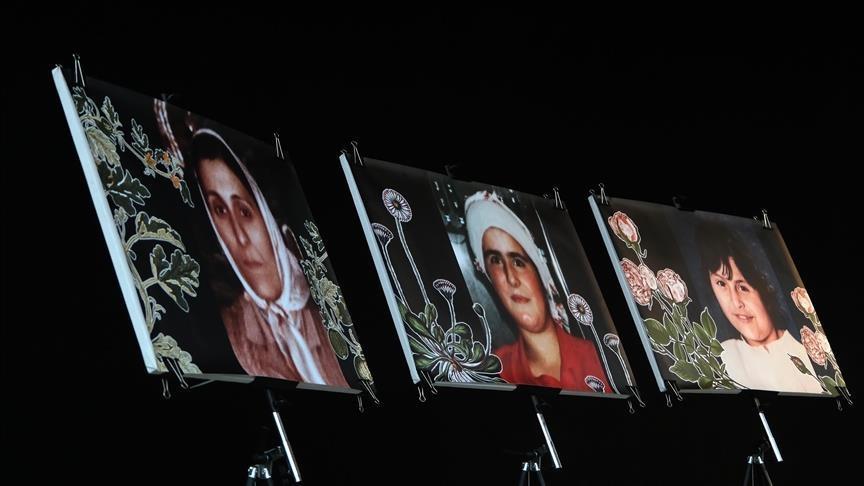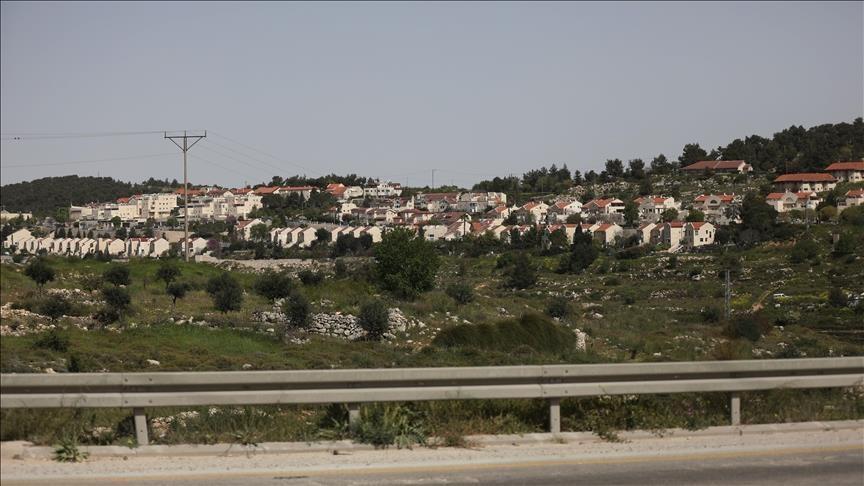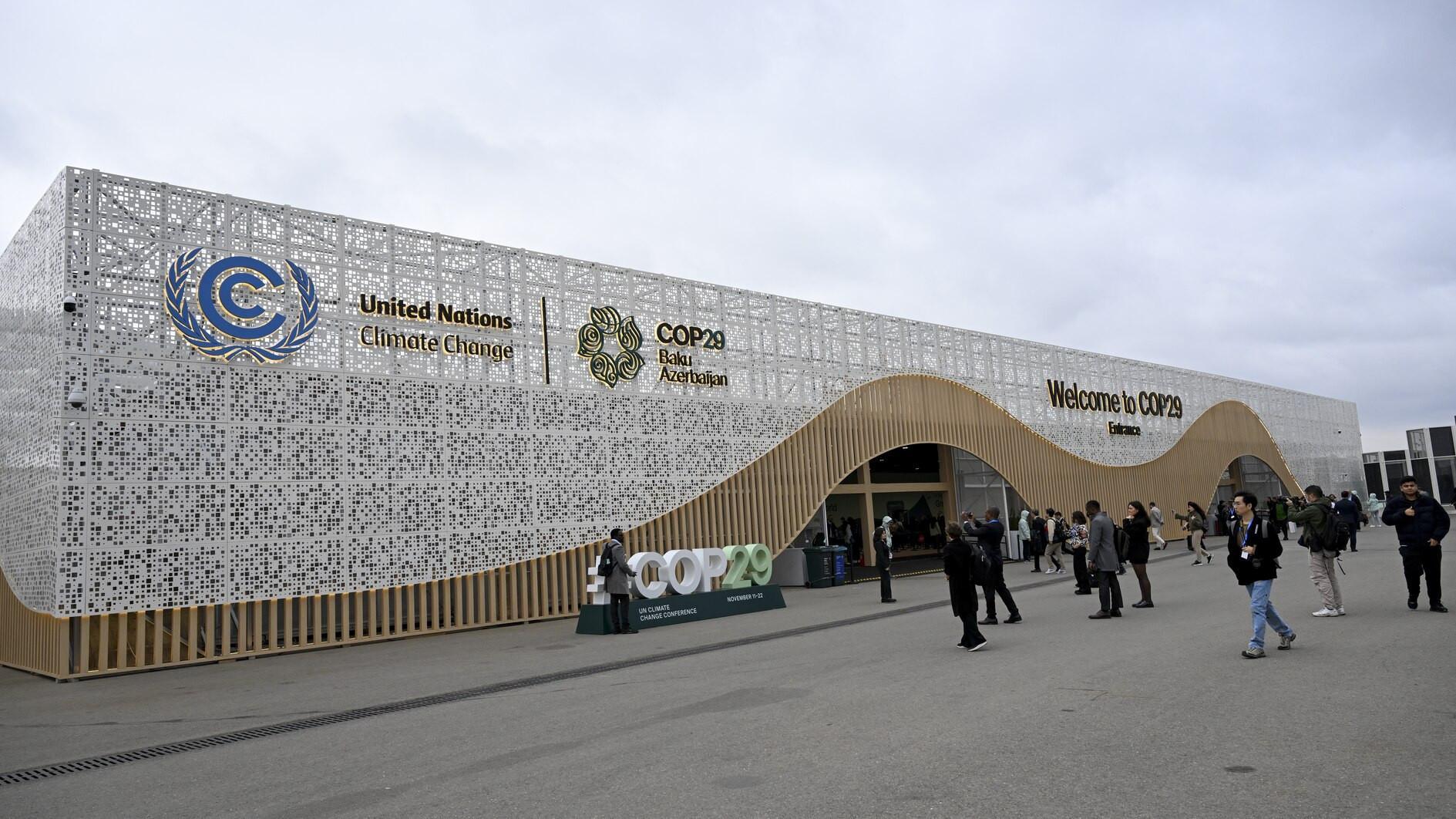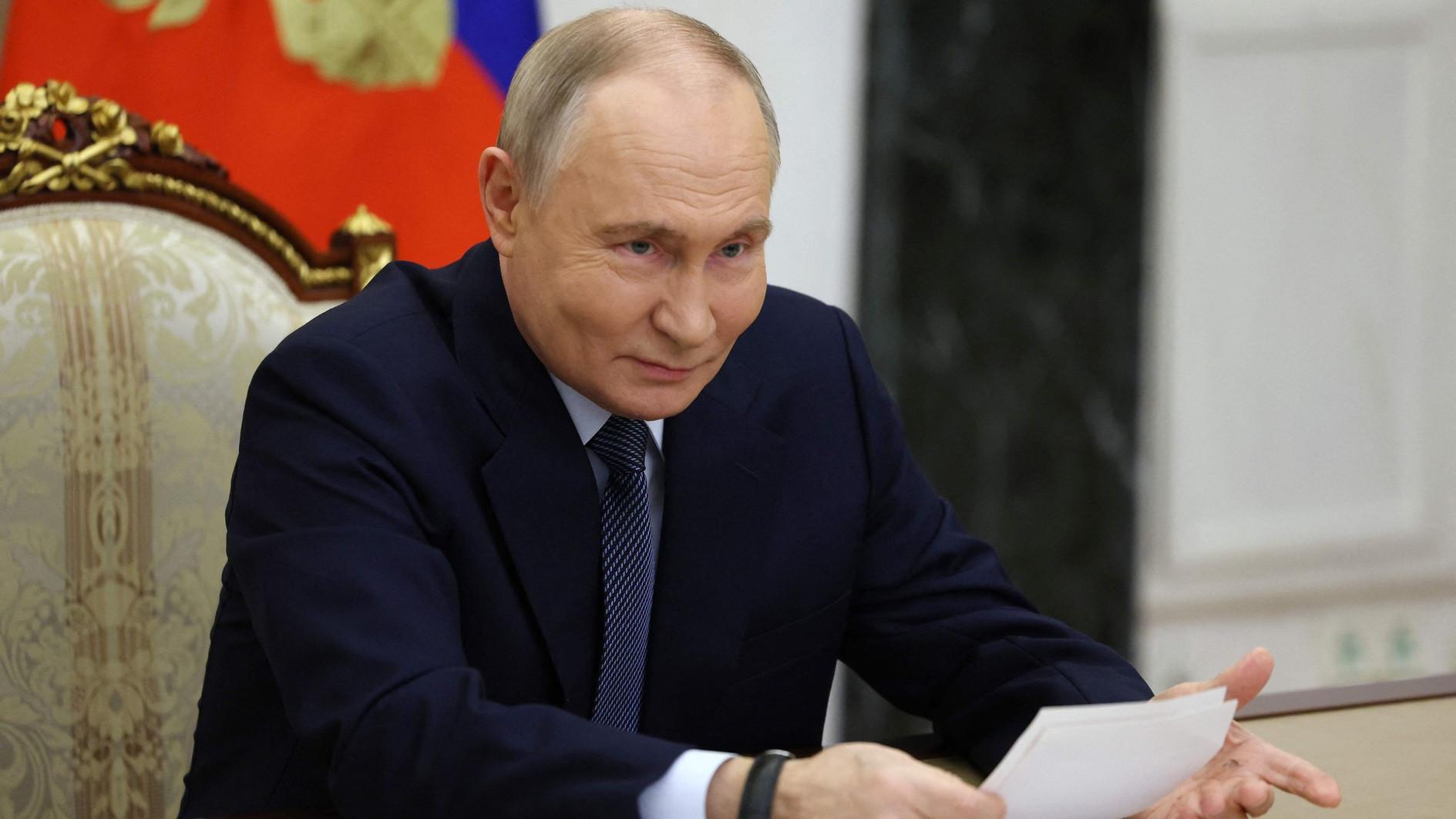Syrian ‘transitional gov’t’ set up in Paris, exile claims
DAMASCUS / PARIS
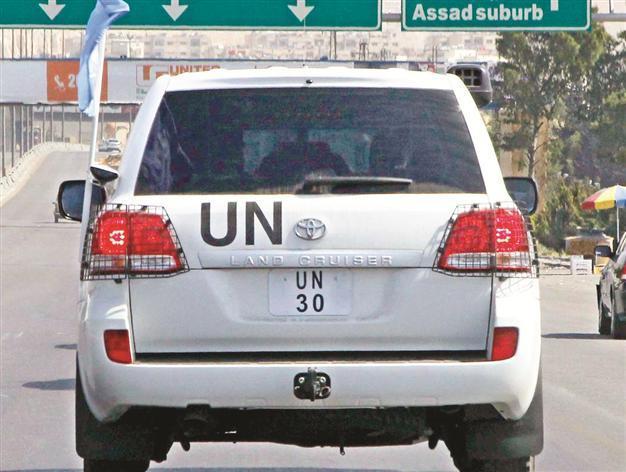
Observers travel from the UN office in Damascus to Douma. REUTERS photo
Exiled Syrian businessman Nofal Dawalibi announced in Paris yesterday the setting up of a “transitional government to answer the needs of the Syrian opposition.”“The situation in Syria is getting worse every day. Chaos is rising,” said Dawalibi, whose father Maarrouf was Syrian prime minister before President Bashar al-Assad’s Baath party took power in 1963.
“We have decided to replace existing structures with a purely executive structure which coordinates the operations of the divisions fighting for freedom and follows the will of the sovereign Syrian people,” he told reporters. He did not specify how the “transitional government” would coordinate with the Syrian National Council (SNC) that is considered the Syrian opposition’s most representative political body. “Unfortunately the SNC, which chose a legislative body while ours is an executive body, could not prove that its structure represents the Syrian people and the revolution,” he said. The names of the 35 Syrians making up the “transitional government” “will for security reasons be announced in a few days,” he said. Meanwhile, France wants to see 300 U.N. observers in Syria within two weeks and will push for a “Chapter 7” resolution at the U.N. unless Damascus complies with the terms of a peace plan by early May.
Without quick progress, Foreign Minister Alain Juppe said on April 25 the international community would have “to move on to another step which we have already started raising with our partners, under Chapter Seven of the U.N. charter.”
A Chapter Seven resolution, which can be imposed by the Security Council if member states think peace is threatened by an act of aggression, authorizes foreign powers to take measures including military options. Meanwhile, Syrian state media said yesterday that anti-regime bomb-makers accidentally set off blasts a day earlier in the central city of Hama and killed at least 16 people. Syrian activists said the destruction was caused by intense shelling from tanks.


